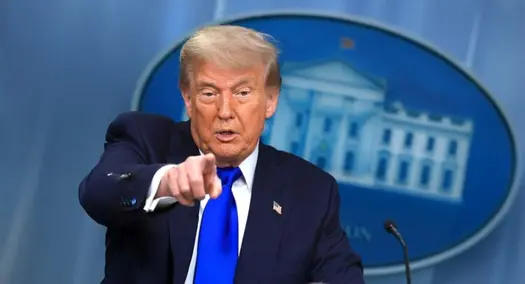T4K3.news
CHIPS Act equity stake under fire
A proposed 10% stake in Intel under the CHIPS Act triggers political debate and potential legal challenges.
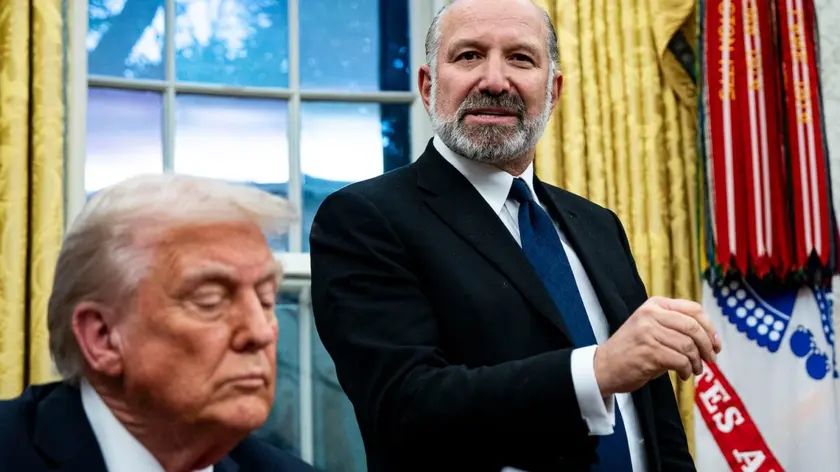
A government equity stake in Intel under the CHIPS Act prompts a political clash over subsidies and control.
Lutnick Calls CHIPS Act Gift to Rich Companies
On CNBC this week, Commerce Secretary Howard Lutnick criticized the idea of taking a 10 percent stake in Intel as part of CHIPS Act funding. He said the approach is worse than earlier incentives and argued the program has already steered money to companies like TSMC and Intel without clear U.S. governance. The CHIPS Act, enacted in 2022 with 39 billion dollars in subsidies, aims to boost domestic chip making to compete with China. TSMC received 6.6 billion and Intel about 7.9 billion; Intel has announced a major workforce reduction and slower expansion, delaying receipt of much of the funds. The Times notes that converting 10.86 billion in grants into equity would be among the largest interventions since the 2008 financial crisis. Lutnick argues the administration should demand an equity stake, while critics warn of governance risks and market distortions.
Key Takeaways
"The CHIPS Act was just a giveaway to rich companies"
Lutnick on the CHIPS Act during CNBC interview
"We’re converting what was a grant under Biden into equity"
Lutnick on converting grants to equity
"Donald Trump wants equity in return for the money"
Reaction to Trump policy stance in the debate
"Why would we give them money to come to America"
Lutnick critique of subsidies to foreign firms
The clash reveals a shift in how policymakers think about subsidies. The idea of converting grants into equity reframes aid as a form of state investment, not a mere giveaway. That changes risk, governance, and accountability for taxpayers. The debate is part of a broader contest over how the government supports private industry. A stake in Intel would tie taxpayer money to a single company and raise questions about governance and future subsidies. Legal challenges are likely; investors are watching and markets respond to policy signals. The rhetoric around national policy for tech giants will increase political energy around subsidies and chip supply.
The bigger trend is a political pivot toward conditional support for industry ties, not blanket payments. If policy leans toward equity, the line between public policy and private strategy grows blurrier, and the fate of taxpayers hinges on corporate performance and political winds. The outcome may hinge on legal clarity, congressional appetite, and public tolerance for state involvement in private boardrooms.
Highlights
- The CHIPS Act was just a giveaway to rich companies
- If we’re going to give you the money we want a piece of the action for the American taxpayer
- Donald Trump wants equity in return for the money
- Why would we give them money to come to America
Financial and political risk from equity stake plan
Turning grants into equity ties taxpayer money to corporate governance decisions, inviting legal scrutiny and potential public backlash. The move heightens political risk and could affect investor confidence and market stability.
Policy choices will test how taxpayers balance aid with accountability
Enjoyed this? Let your friends know!
Related News
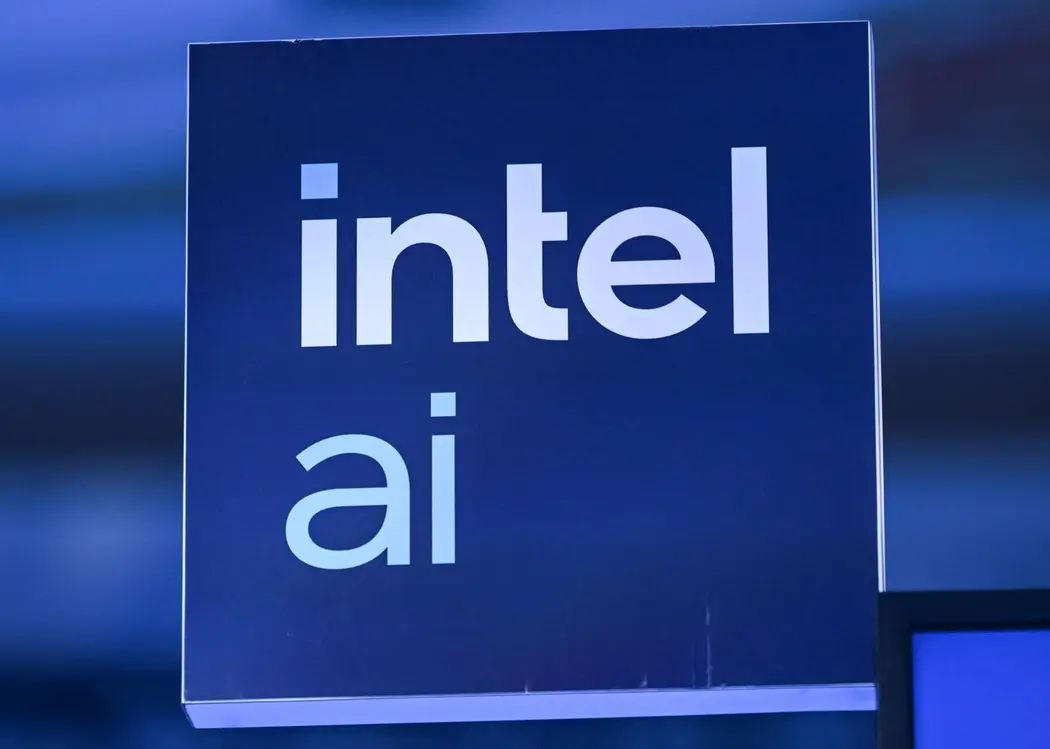
Intel stock rises on SoftBank investment
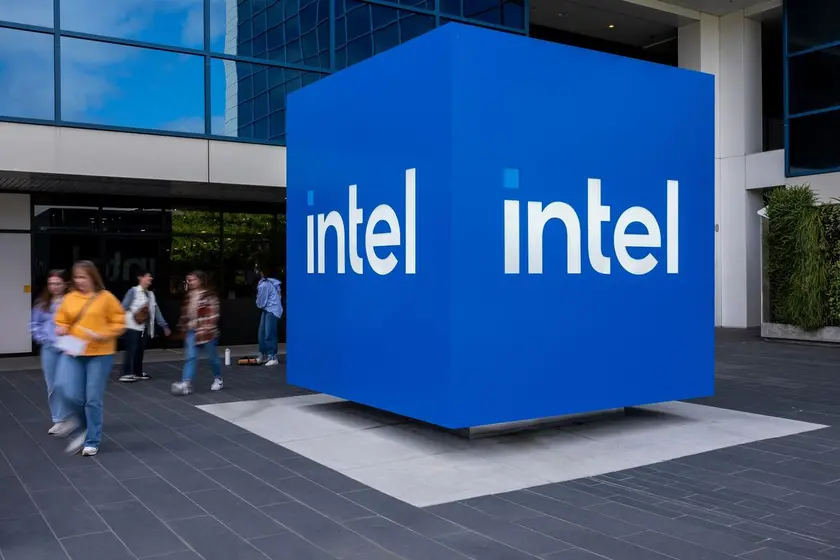
Chips Act funds eyed for Intel stake
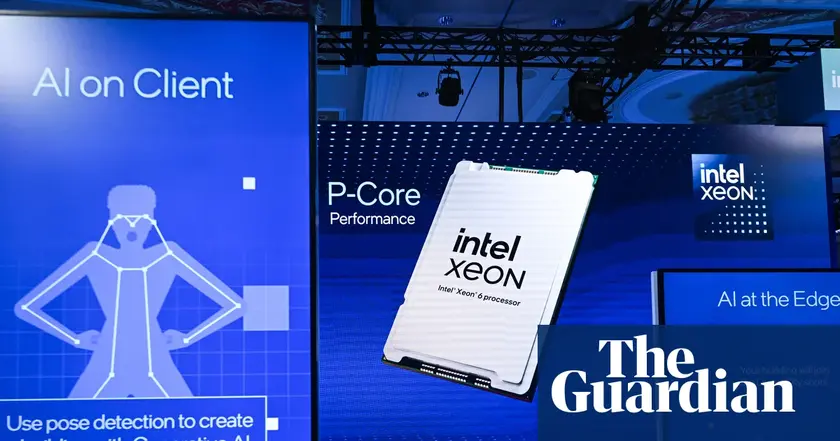
US considers equity stake in Intel under chips act funding
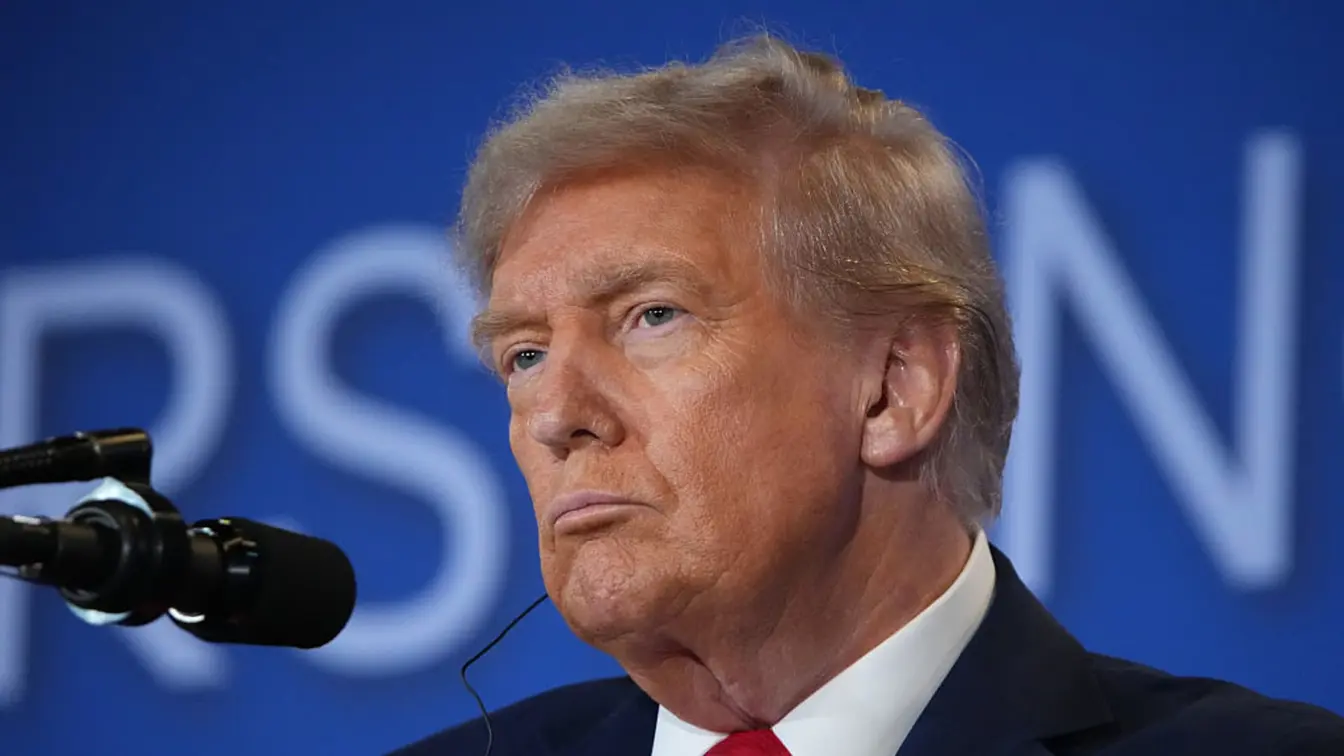
US weighs government stakes in CHIPS Act recipients
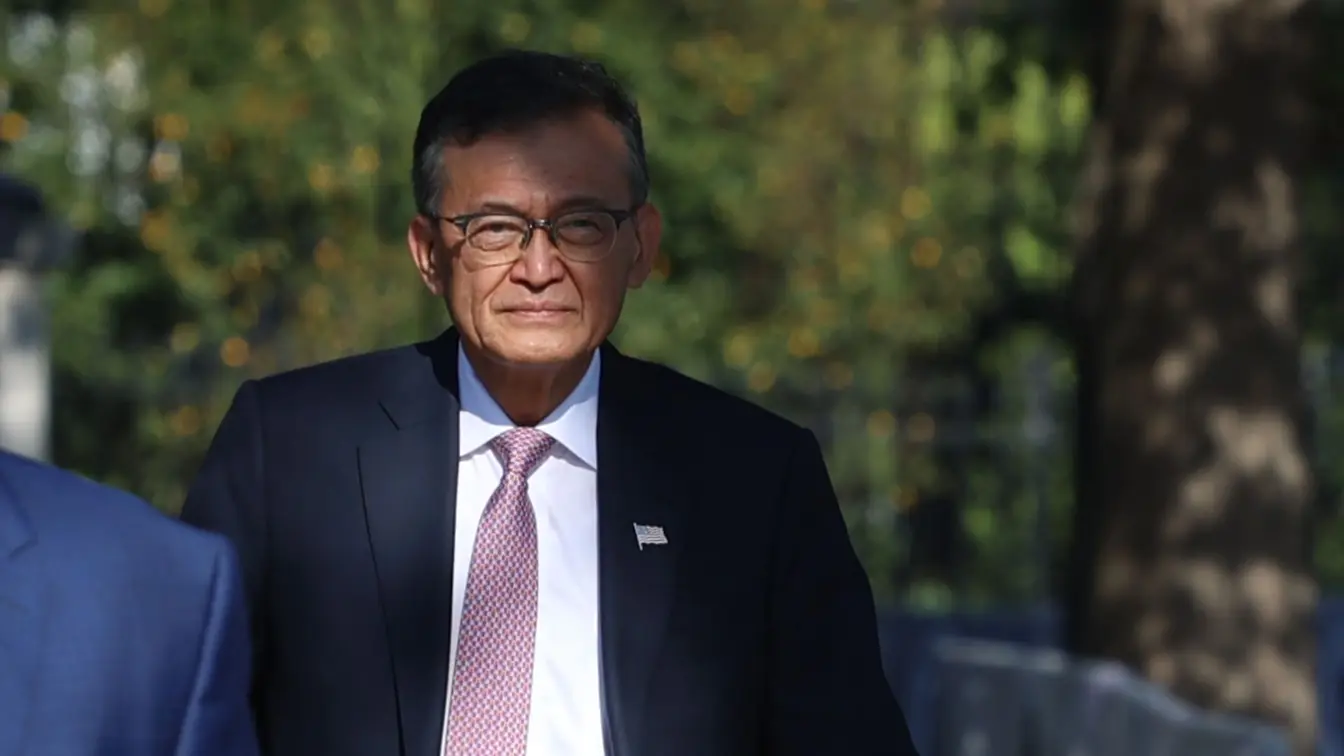
US weighs stake in Intel
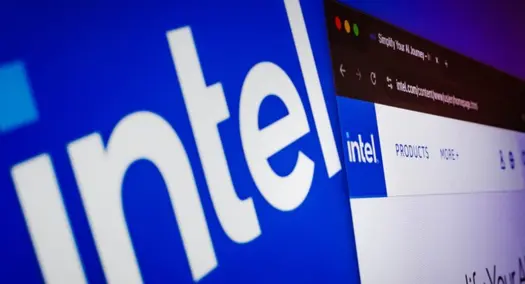
Intel faces new equity path
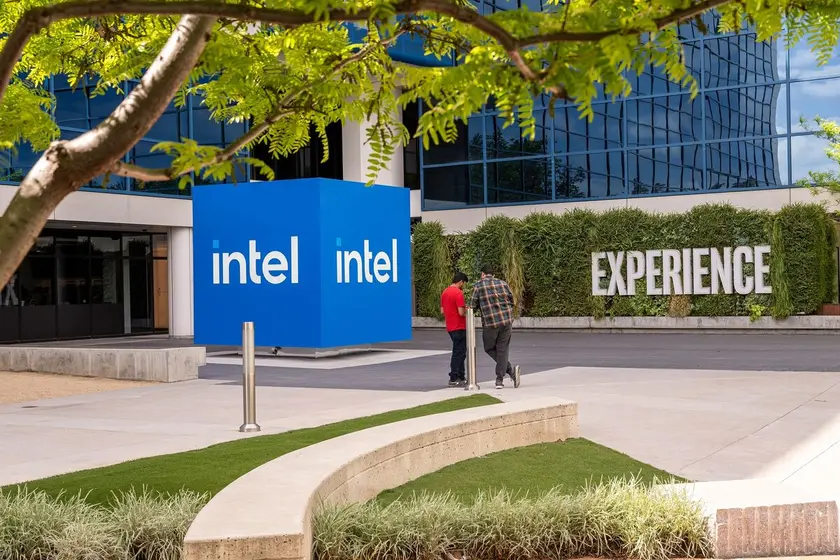
US weighs Intel stake without governance rights
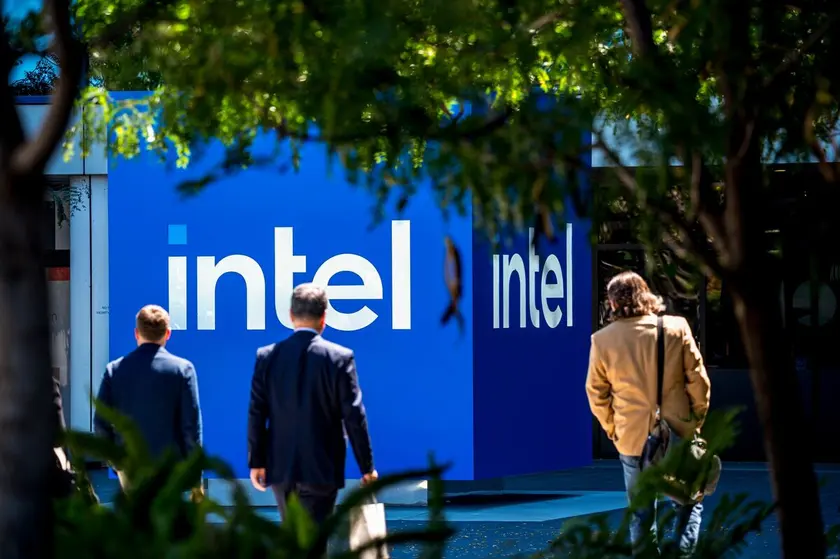
US considers 10 percent stake in Intel
